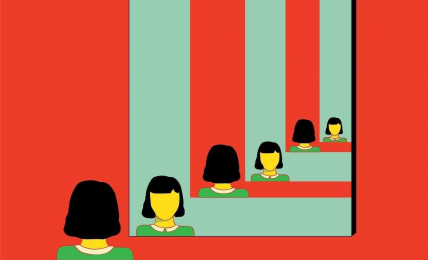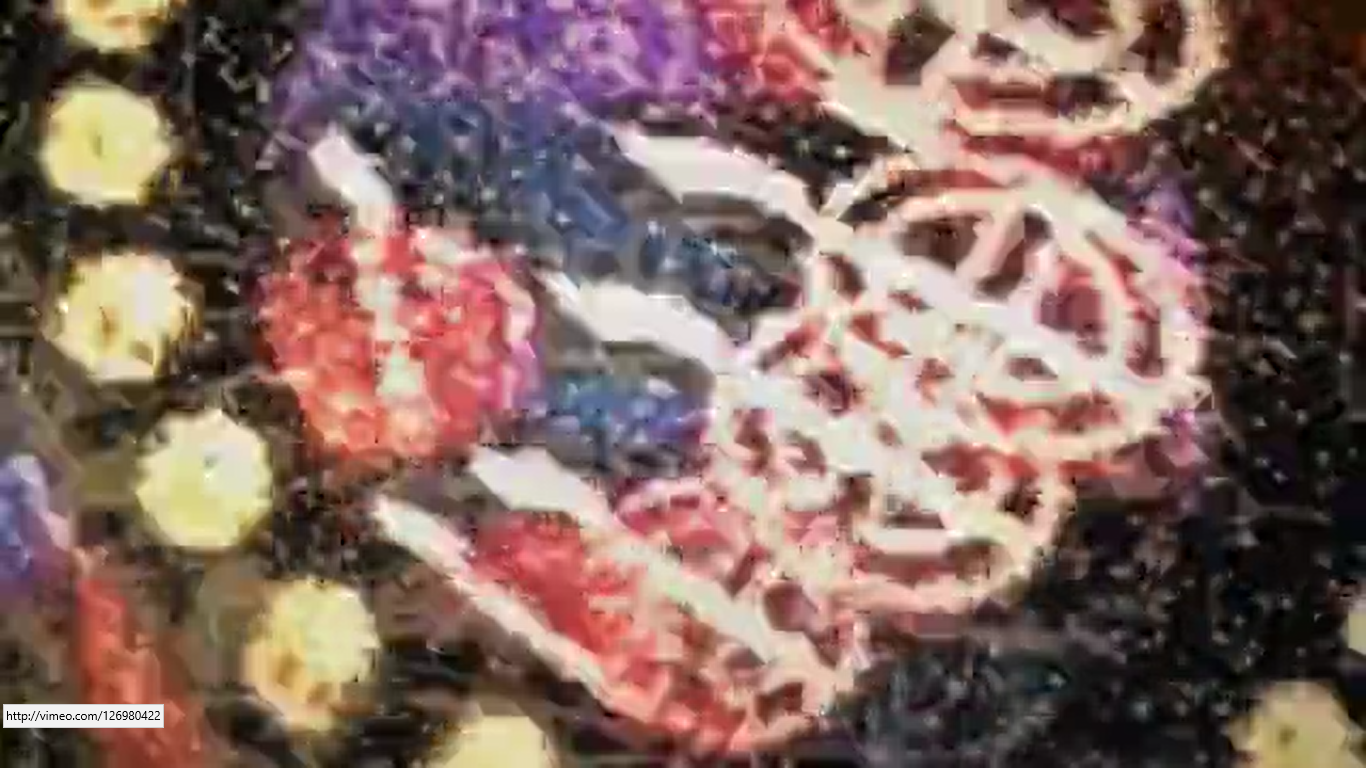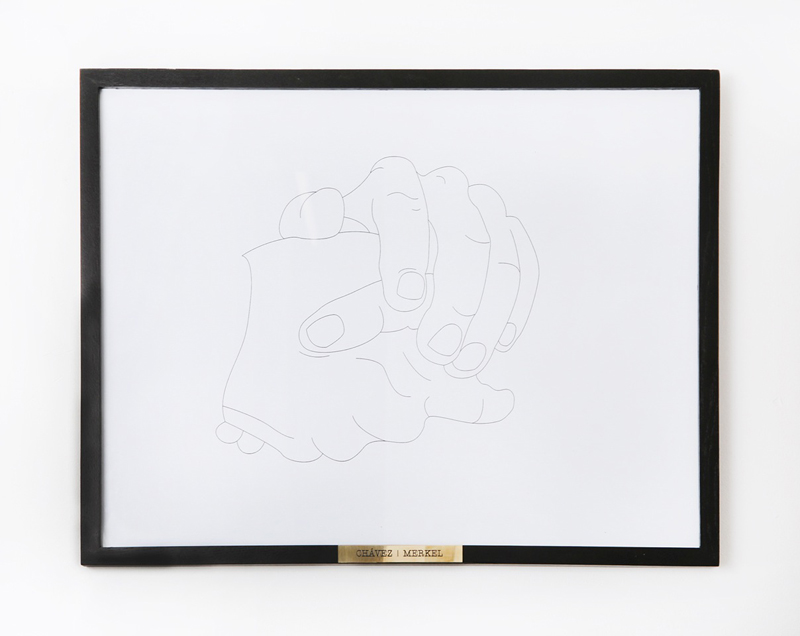“How do you make decisions in an increasingly complex world?”
“Real or Fake?”
“What has been done?”
These questions, posted on the endless void of social media, are out of context but packed with meaning. These questions are not human questions. These were asked in a calculated effort to support a cause. To change minds. More specifically, to propagate a political system by posting intentionally influencing messages with the false belief that supporters are in large following. To give false hope.
We see in Char Stiles’ Astroturfing that a voice is provided in a void, a backdrop of digitally rendered grass and a dizzying spin as confusing as the messages that rise and sail away from view. We watch a phrase, lifted directly out of any context and sent, as if to be floated to an anonymous viewer, waiting to be influenced.
Stiles presents the phrases to be artifices of the ethos of grassroots activism and makes use of knowledgeable resources to support her visuals. This is understood best by a team of Harvard researchers who authored a recent research document stating the inexplicable proof of the effect of China’s “50-Cent Party.”
According to the document, the collective referred to as the 50-Cent Party is a paid front of as many as two million posters who post close to 448 million messages across social media platforms arguing fiercely for the Chinese government in policy debates and as stand-alone propaganda. This is a modern form of the influence-culling that China has displayed historically, and it stands to play a larger role as technology advances.
Soft power has been used by the leaders of China since the communist revolution in the 19th century and was crucial for the Communist Party to take power over the nationalists. According to political scientists, the ability of the Communist Party to create a following among common villagers through direct communication that gave the party influential strength. The parallels for modern China are still apparent, as this form of identifying and targeting a support base is now done online, through social influencing websites to achieve the same goal.
The Chinese government has branched out into video propaganda to further move public opinion, using the Internet in all its populist forms. In a series of videos released by China’s Communist Party, propaganda is shared by rappers, rhyming over a beat in Cantonese supporting the government, recruiting soldiers for the People’s Liberation Army and rallying a defense for the views of government officials. This is an approach taken by the government that does not mask the author, or its funding, and instead tries to target a youthful audience in China and gain respect through association of what is “cool” to the population of young adults and teenagers in the country, many of whom are on the internet more frequently than other generations.
This is a well-known practice in political science, however it is startling to realize the frequency of its practice, and by whom. In 2014, hackers were able to reveal documents exposing Russia as using state-sponsored astroturfing to influence its citizens on the annexation of Crimea and other sociopolitical issues. Through ties to a Russian company known as the Internet Research Agency, the government was found to have invested close to 10 million rubles in support of accounts created to post on social media and in comments on news articles to smear opponents of Putin.
Russia and China are both labeled as “Not Free” according to the Freedom House project, which ranks countries based on protection of civil rights and liberties. One might make the correlation that countries with less-than-democratic governmental structures would be the sole operators of astroturfing. This reveals a shocking fact; major democratic powers, including the U.K. and the U.S., have admitted to using astroturfing and state-sponsored internet propaganda to promote their own propaganda in foreign countries. To see the eerie messages scrawled across the computer monitor in Stiles’ work and understand that governments who supposedly safeguard civil liberties would use these tactics is a strong signifier of the way the internet will be controlled in the near future by world powers.
And in putting the text of these trolls in the digital artifice of the work’s landscape, Stiles puts the message at the forefront, adding importance but keeping certain aspects of the messages hidden. These dispatches are understood to one cultural group, those who live in China and would be influenced by these in context, but are left up to the viewer to understand when taken out of that context and presented to a vastly different cultural group. They are fleeting electromagnetic pulses meant to build a system that is being introduced to a population unwittingly. Art that reflects the present moment has underlying power, but art that digs deeper, that shines a light on the dark corners of society has an effectiveness that provides the audience with a cold reality.
“Can we carry the red flag?”
China’s evolution into using the Internet as a tool of soft power is a boundary-breaking moment for a party and a country that has constantly adapted to retain its opaque structure to any onlooker, domestically and internationally. The digital trends of this past decade from the governments of countries like China, Russia, and even the United Kingdom and the United States lend importance and urgency to the work that Stiles presents. The influence of the Internet on civil society is mounting as technology advances, and Stiles allows us to see through the mirror and witness these shadowy tactics unfold in the digital landscape.
Check out Char Stiles’ Astroturfing here.
:::

Kevin Johnson is a journalism major at University of Richmond. He is frequently at record stores in the area, and likes to play music on the radio and with others. Kevin’s interests revolve around arts, media, politics and entertainment, but are not limited to those topics. Kevin is looking forward to what the future has to offer.



